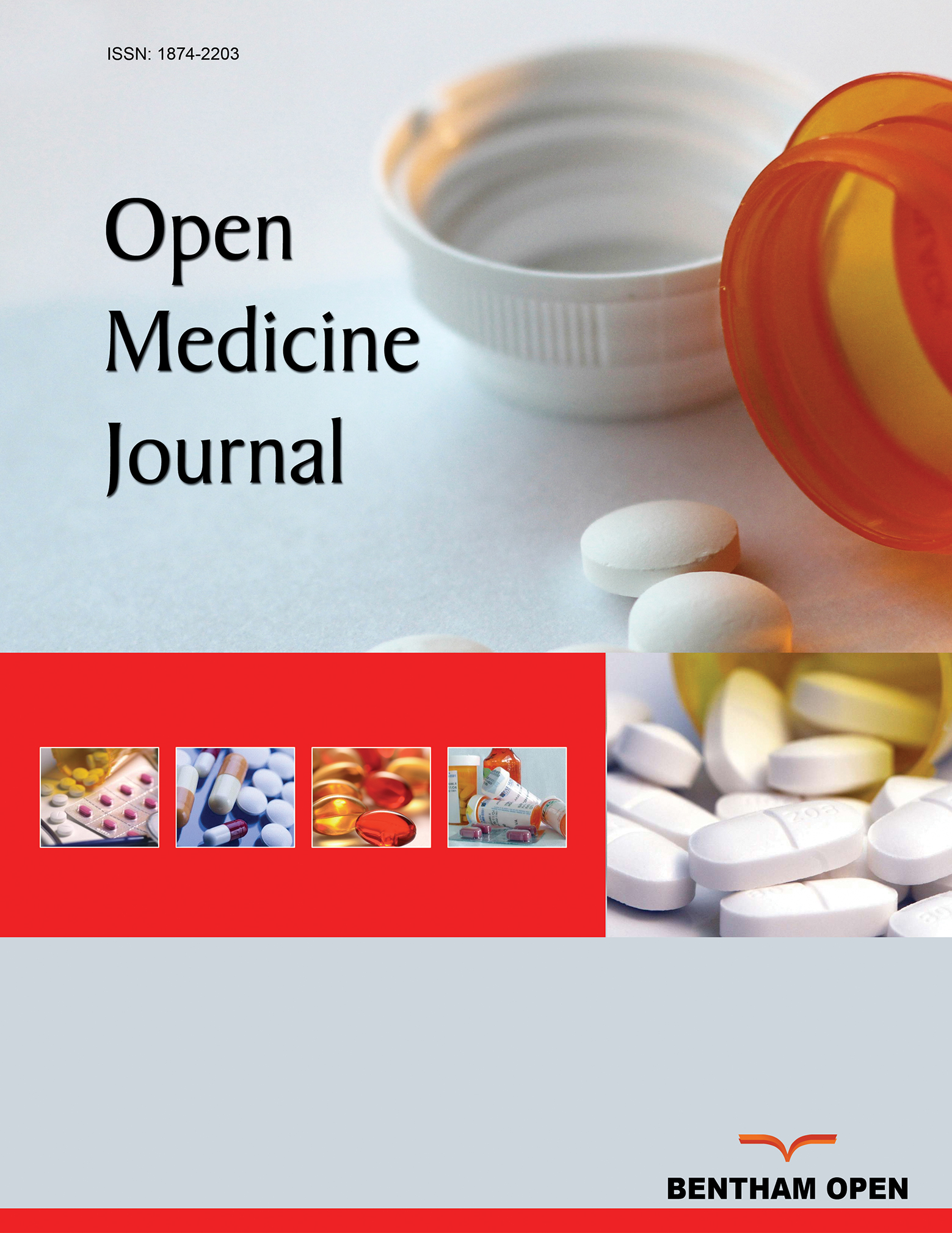All published articles of this journal are available on ScienceDirect.
Pathophisiological and Neuropharmacological Mechanisms Under- lying the Therapeutical Effects of Tianeptine
Abstract
Background:
Tianeptine, a drug that enhances rather than inhibits serotonin uptake by platelets and serotonergic axons, is able to act as an antidepressant and/or anti-stress drug.
Methods:
The former effect should be attributed to its ability to reduce neural sympathetic over activity, whereas the latter to the interference by the drug to the hypothalamic stress cascade which includes corticotropin releasing factor + ACTH + cortisol secretion.
Conclusion:
This singular mechanism should be taken into account when the drug is prescribed as a therapeutic agent.


